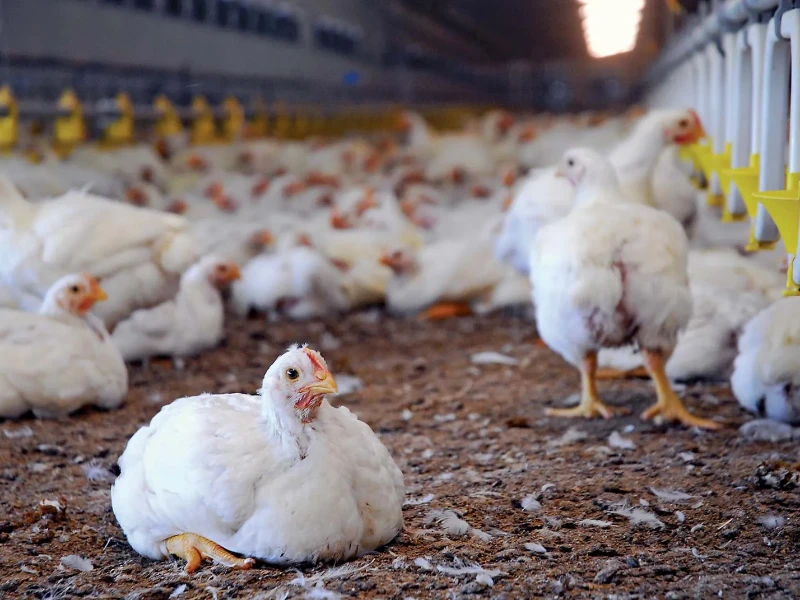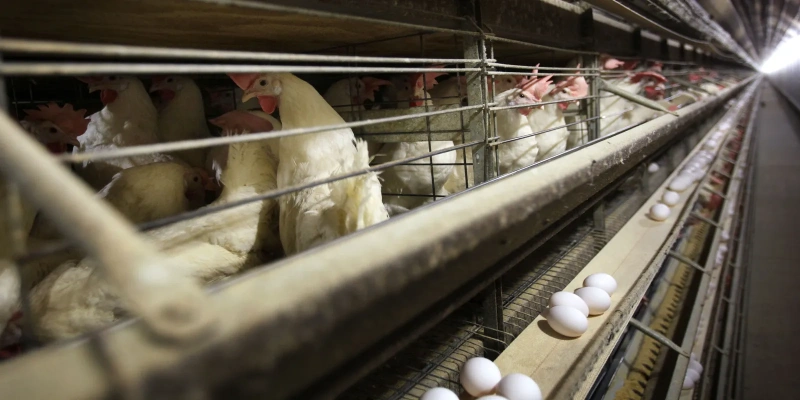
What Equipment is Important for Poultry Farming?
Poultry farming is an essential agricultural activity that provides a substantial source of protein and income worldwide. As the demand for poultry products continues to grow, investing in the right equipment becomes crucial. Understanding what equipment is important for poultry farming can greatly enhance productivity and efficiency. This article will explore the essential equipment necessary for successful poultry farming.
1. Housing Equipment
One of the most important pieces of equipment for poultry farming is the housing system. Proper housing not only protects birds from predators and harsh weather but also promotes health and productivity. Poultry houses must provide adequate ventilation, temperature control, and space for the birds to move freely. Broiler houses, layer houses, and brooder houses all serve different purposes depending on the poultry type being raised.
Ventilation Systems
Inadequate ventilation can lead to poor air quality, which may cause respiratory issues in birds. A well-designed ventilation system ensures fresh air circulation, regulates temperature, and removes excess humidity and ammonia. Mechanical ventilation, such as exhaust fans, is often used alongside natural ventilation methods like windows and vents to optimize conditions inside poultry houses.
2. Feeding Equipment
Feeding equipment is another critical element in poultry farming. Access to a balanced diet is vital for optimal growth and egg production. Automated feeders help distribute feed evenly and reduce labor costs. The key feeding equipment includes:
- Feed Bins: These are used to store bulk feed and keep it dry and safe from pests.
- Feeders: There are various types of feeders, including trough feeders, pan feeders, and chain feeders, each catering to specific poultry needs.
Using automated feeding systems allows farmers to set precise feeding schedules and portion sizes, ensuring that birds receive the right nutrition without waste.
3. Watering Systems
Access to clean water is essential for poultry health and productivity. Watering systems play a significant role in providing hydration to birds effectively. The major types of watering equipment important for poultry farming include:
- Nipple Drinkers: These are popular among poultry farmers because they minimize water wastage and keep water clean.
- Plumbed Water Lines: An efficient method for delivering water directly to drinkers, reducing the need for manual refilling.
A well-maintained watering system prevents dehydration and encourages proper growth rates and egg production.
4. Egg Handling Equipment
For layer farms, egg handling equipment is vital for maintaining product quality and safety. This equipment includes:
- Egg Collection Systems: Automated systems that gently collect eggs from nests reduce breakage and labor costs.
- Egg Washers: These machines ensure that eggs are clean and safe for consumption, meeting hygiene standards.
Proper handling equipment maximizes efficiency and reduces the risk of contamination, ensuring that eggs reach the market in the best condition possible.

5. Heating and Cooling Systems
Maintaining the right temperature is crucial for the welfare of poultry, especially in extreme climates. Proper heating and cooling systems are indispensable pieces of equipment for poultry farming.
- Brooders: For young chicks, brooders provide localized heat, making it easier for them to regulate their body temperature.
- Cooling Pads and Fans: In hotter environments, cooling pads and fans can help lower the ambient temperature within poultry houses, preventing heat stress.
Investing in reliable climate control systems ensures that poultry remain comfortable and healthy throughout their lifecycle.
6. Biosecurity Equipment
Biosecurity is vital for preventing disease outbreaks in poultry farms. Implementing biosecurity measures can significantly reduce the risk of infection. Important biosecurity equipment includes:
- Footbaths: Placed at entry points to disinfect shoes and prevent pathogens from entering the farm.
- Air Filters: Installing air filters helps to maintain clean air quality, minimizing disease transmission.
By prioritizing biosecurity measures, you protect both your flock and your investment, ensuring long-term success in poultry farming.
7. Waste Management Equipment
Effective waste management is crucial in poultry farming to maintain a clean environment and comply with environmental regulations. Waste management equipment includes:
- Manure Spreader: This machine is used to distribute collected manure across fields as fertilizer, promoting soil health.
- Composting Systems: These systems convert poultry litter into organic compost, allowing farmers to recycle nutrients and reduce waste.
Implementing a robust waste management strategy not only enhances sustainability but also improves overall farm operations.
8. Monitoring and Control Systems
Advancements in technology have introduced various monitoring and control systems that are essential for modern poultry farming. These systems allow farmers to track and manage various aspects of poultry health and production efficiently. Key components include:
- Environmental Monitoring Sensors: These devices monitor temperature, humidity, and ammonia levels, sending alerts when conditions fall outside optimal ranges.
- Automated Feeding and Watering Controls: By automating these processes, farmers can save time while ensuring consistent care for their birds.
Investing in monitoring technologies enables farmers to make informed decisions, improving overall operational efficiency.
Conclusion
In conclusion, the right equipment is indispensable for successful poultry farming. By investing in key areas such as housing, feeding and watering systems, climate control, biosecurity, waste management, and monitoring technologies, farmers can create a conducive environment for poultry to flourish.
The poultry farming landscape will continue to evolve with technological advancements, making it crucial for farmers to stay informed about new equipment options and best practices. Adopting modern technologies and methods will ultimately lead to increased productivity, profitability, and sustainability in poultry farming operations.
By understanding and implementing what equipment is important for poultry farming, farmers not only ensure the well-being of their flocks but also position themselves for success in a competitive market. The future of poultry farming lies in responsible management and innovation, driven by the right tools and techniques.
